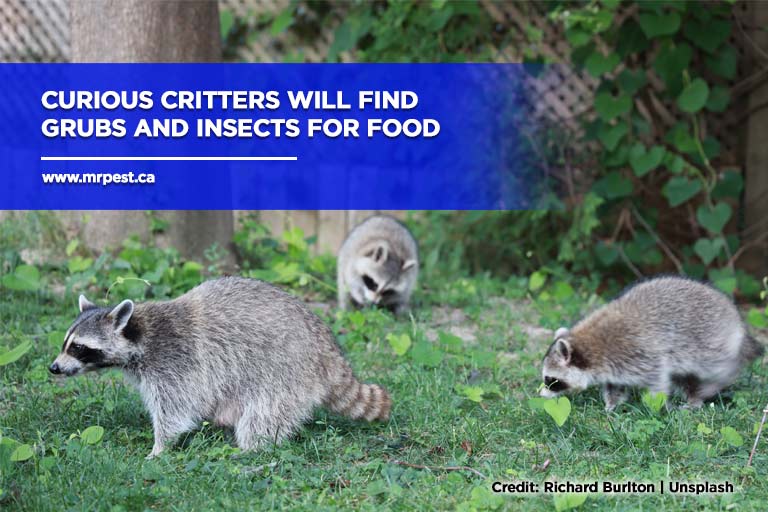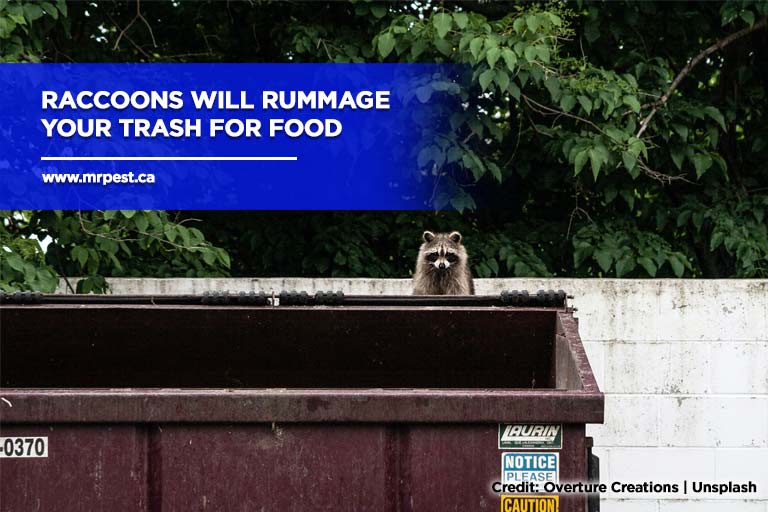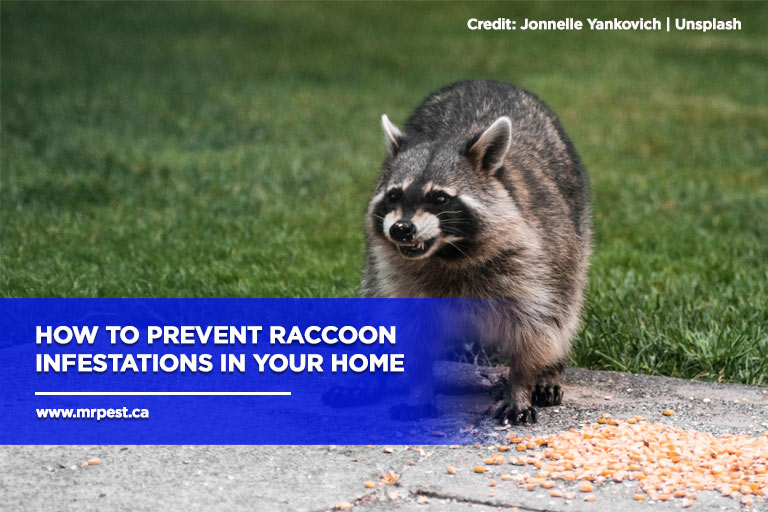Raccoons, the wily and resourceful critters, are often admired for their intelligence, problem-solving skills, and remarkable adaptability to their environment. These masked bandits have earned a reputation for being skilled survivors, overcoming various obstacles to thrive in diverse habitats. Incredibly, despite the growing human population, raccoon populations have increased rather than decreased.
But this has not been good news, as raccoon populations are on the rise and wreaking havoc on properties through damage, disease spread, and contamination. Don’t worry, though! Protecting your property from these clever critters is possible with the right expertise and preventative measures.
Are Raccoons Dangerous?
At first glance, raccoons with fluffy round bodies and wide eyes may appear cute and harmless. However, it’s essential to understand that these creatures can be dangerous, particularly when they invade residential properties. Unlike other wildlife, raccoons can access garbage cans and trash bags by knocking them over and spreading garbage around your yard. This behaviour is a significant concern as raccoons contaminate themselves with trash, increasing the risk of disease transmission and parasite infestation.
Raccoons are known carriers of rabies and other diseases. Even if not infected with rabies, raccoons can be territorial and aggressive when threatened, making them prone to violent attacks. With their sharp teeth and claws, a raccoon attack can lead to severe injuries and health complications.
Signs You Have a Raccoon Problem

It’s not uncommon for homeowners to spot a raccoon on their property occasionally. If you’re having trouble spotting these elusive creatures, watch for some tried-and-true indicators of a raccoon problem.
- Trash scattered across the yard – If you notice that your trash cans are knocked over, and their contents are spread across your lawn, there’s a high chance that raccoons are the culprits behind the mess. Their sharp claws and dexterous paws make it easy for them to pry off the garbage can lids and rummage through the contents in search of food.
- Loud noises in the attic – Raccoons are notorious for seeking shelter in warm and cozy places like attics, and they can make quite a commotion as they go about their daily activities. Since they are nocturnal animals, you’ll likely hear them most at night as they search for food and water. You might hear various noises, including loud stomping by adult raccoons and high-pitched cries from baby raccoons.
- Visible evidence – If you see feces, claw marks, and piles of wood shavings around your property, there’s a high chance that raccoons have taken up residence in and around your home. These clever critters create nests in cozy and secluded areas, like crawl spaces and vents. You might notice scratches, claw marks on your floors and walls, nibbled-up beams, insulation, and wiring.
How to Remove Raccoons From Your Property

- Set raccoon traps – One of the most effective and humane methods is to trap and relocate them. Several raccoon traps are available, including body grip, paw hold, and live cage traps.
-
- Body grip traps are designed to kill the raccoon instantly and are typically used by professional trappers.
- Paw hold traps are designed to capture the raccoon by the foot, holding them in place until they can be safely removed.
- Live cage traps are also an option, allowing you to capture the raccoon without harming it and relocate it to a safer location.
-
- Remove food sources – These creatures are opportunistic feeders and will scavenge for food in trash cans, gardens, and bird feeders. They are known to have a particular affinity for sweet foods, such as fruits and berries, as well as meat and fish. Eliminate any food sources that may attract them, including securing trash cans with tight-fitting lids, cleaning up any spilled food or trash, and removing any potential food sources from the yard.
- Seal your house – One of the most common ways raccoons can access your home is through the chimney. Sealing unused chimneys as soon as possible is highly recommended if you have unused chimneys in your home. You can prevent raccoons and other pests from entering your home and causing damage or spreading disease.
- Eliminate grubs and insects – While notorious for raiding trash cans, they are also skilled at hunting for food. Their favourite meals include insects, grubs, and larvae, which they can often find by digging through lawns or vegetable gardens. One effective method is to use a curative pesticide to eliminate the lawn grubs. Another option is to mix dish soap with water and spray the affected areas of your lawn. This can help control the insect population, making it less attractive to raccoons.
- Utilize repellents – Raccoons have an incredibly powerful sense of smell. They have approximately five times more scent receptors in their noses than humans, allowing them to easily locate food even when it is concealed inside trash bins or sealed bags. There are several methods for repelling raccoons, both DIY and commercial.
-
- Ammonia is an effective repellent. Raccoons dislike it due to its pungent smell. Spray it around the perimeter of your property.
- Cayenne pepper is another popular option, as the spicy smell repels raccoons. Combining a bottle of cayenne pepper and water can create a potent raccoon repellent that can be sprayed on your lawn, garden, fence, and trash bins.
- Vinegar, commonly used for cleaning and cooking, can also be used as a raccoon repellent. Mixing half vinegar and half water can be sprayed around your property or soaked in rags.
- Mint-scented trash bags can also effectively deter raccoons from your trash cans, as the strong scent of mint masks the scent of food.
- Commercial raccoon repellents are another option. Choose repellents with natural ingredients like piperine and capsaicin or predator urine. However, be aware that predator urine may attract other unwanted animals.
-
- Use motion-activated lights or sprinkler systems – One of the best ways to do this is to install motion-sensor lights or sprinkler systems. Motion sensor lights detect motion and turn on the lights in response. When a raccoon walks into the range of the sensor, the sudden burst of light can startle and scare them off. Similarly, sprinkler systems will activate and spray water, causing them to flee.
Don’t let raccoons take over your home and property! Contact Mr. Pest Control today to schedule an inspection and remove those pesky critters. Our experienced technicians will remove the raccoons humanely and provide tips and strategies for pest control. Take action now and regain control of your home. Call Mr. Pest Control at 705-739-7378 (Barrie), 705-326-3377 (Orillia), 705-739-7378 (Simcoe County), and 705-739-7378 (Midland & Area) today.



